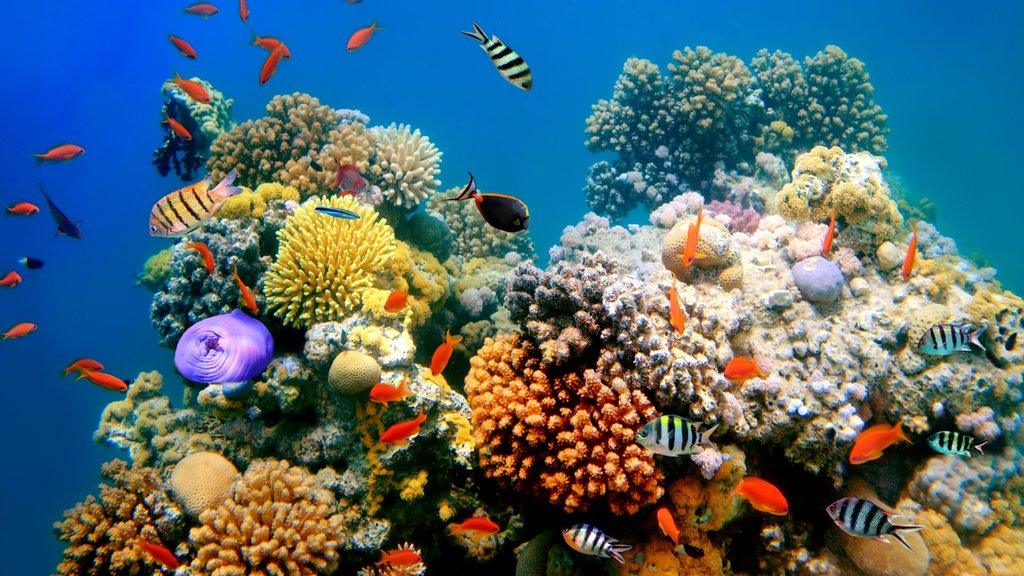Coral reefs: Coral reefs in Caribbean most likely to survive climate change
- Published
- comments
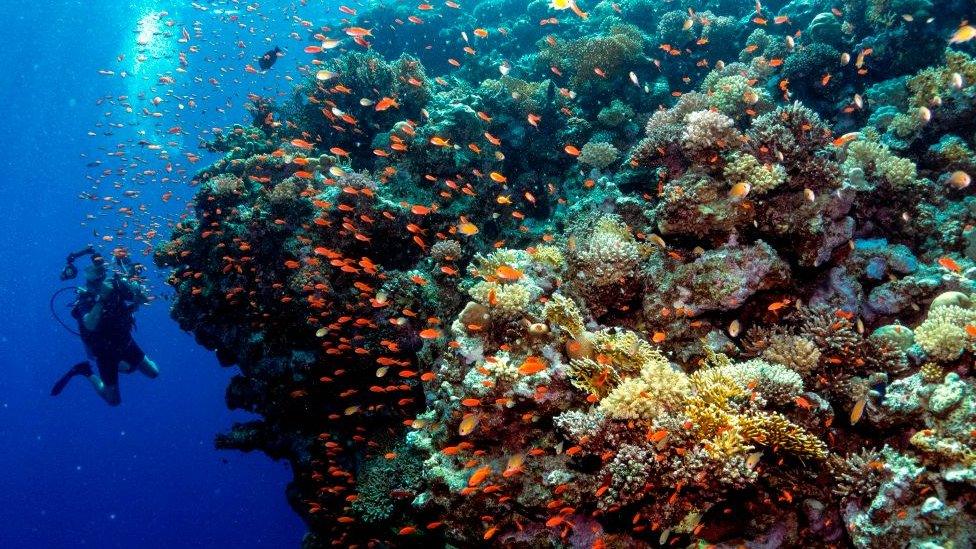
Coral reefs in the Caribbean are most likely to survive climate change., external
Scientists discovered that corals on the northern shoreline of Cuba have the highest chance of avoiding destruction from marine heat waves.
There are other areas where corals might also survive which are around the Bahamas, Dominican Republic, Guadeloupe, Haiti, eastern Jamaica, and the US state of Florida.
The world's largest ever report into climate change, by top United Nations scientists, found that at up to 1.5C of warming would mean only 10 to 30% of coral reefs would survive. Any warmer than that, the survival rate drops.
Now experts are looking to protect these areas - and the eco-systems around them - and to study why they are more resistant.
What did the study do?
Newsround Special Fiji: On the Climate Change frontline. Victor Bonito gives his tips on how you can help protect coral reefs
The research team looked at different climate models and factors such as hurricane damage and heat stress.
They then created a list of coral that are in need of protecting because they are more resilient to climate change.
Corals are a group of living animals related to sea anemones and jellyfish which build hard skeletons and grow on the ocean floor.
Coral reefs are an important underwater ecosystem, often called the 'rainforests of the ocean'.
Stressful events caused by climate change - like storms, cyclones, floods, and warming seas - have a harmful impact on coral and are happening with increasing frequency and intensity across the world.
Lead researcher Iliana Chollett, said that finding the areas that hold "greatest promise to sustain key species will be critical for helping these precious habitats persist as the planet continues to warm."
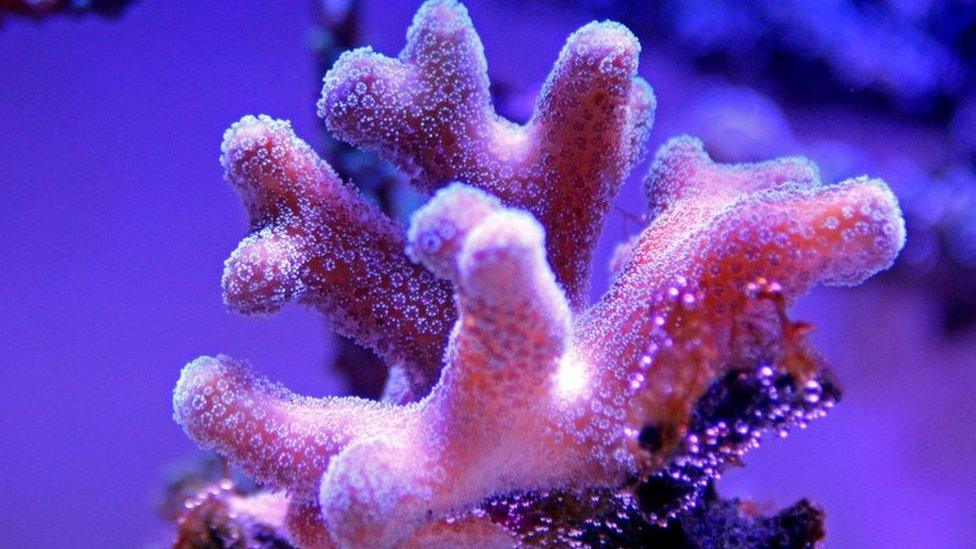
It might look like a plant, but coral is actually an animal!
Some of the coral reefs on the planet today began growing more than 50 million years ago!
By looking after those corals that are doing well, it will help the ecosystems that depend on them.
However, the scientists research show that if global temperatures rise to 2C, then coral reefs will not survive.
- Published14 September 2020
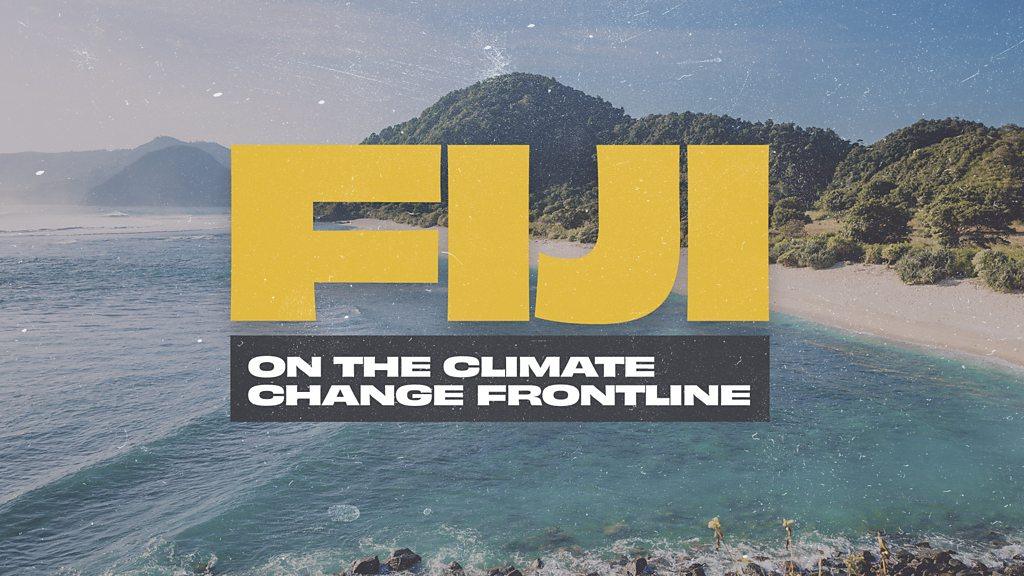
- Published7 December 2020
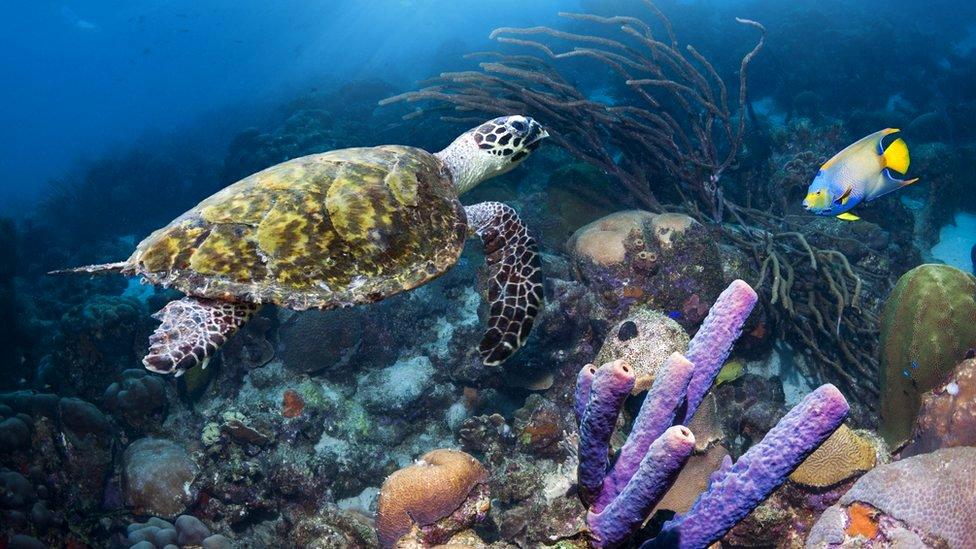
- Published9 April 2020
